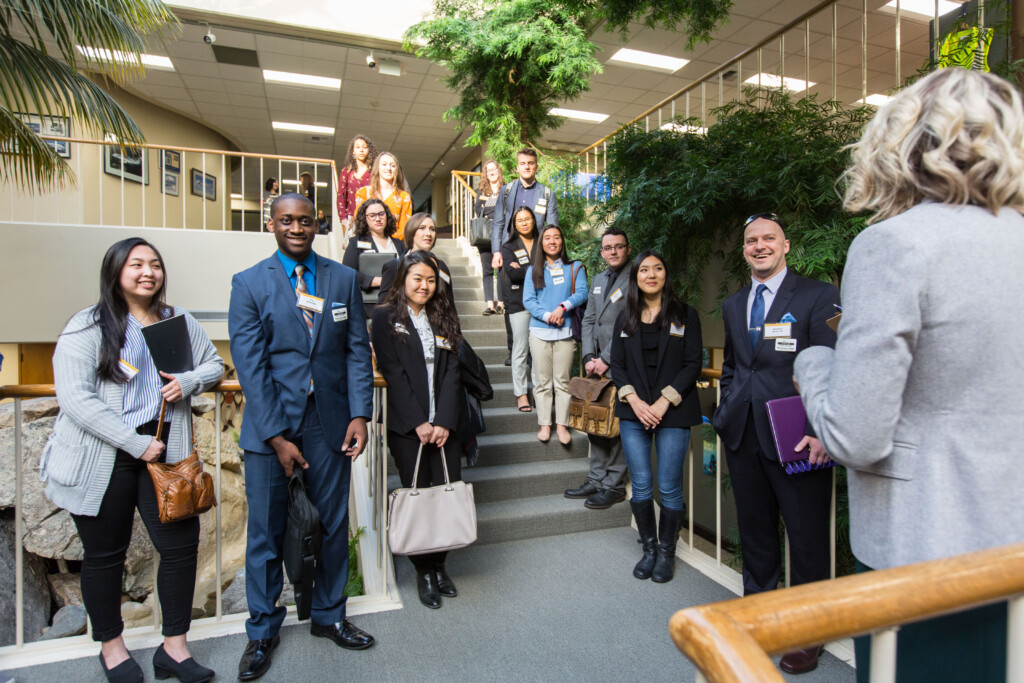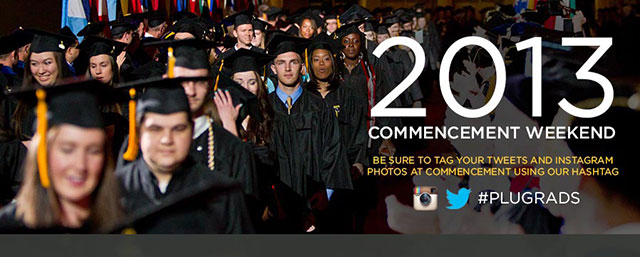Page 66 • (3,216 results in 0.061 seconds)
-
distinctive cultures emerge. 200-Level courses You’ll choose a total of four 200-level courses to taken during your 2nd and 3rd year. These classes are not organized around learning one way of seeing many problems (which is what you do when you take a class in a conventional academic department, like economics, political science, biology, etc.), but which instead use many ways to analyze one theme or problem. IHON 253: Gender, Sexuality, and CultureUses multicultural, international, and feminist
-
the University of Oslo. Her research is focused on how one should understand the normative underpinnings of political power, national identities and democracy. Lecture abstract: National identities play a strong role in people’s lives. And yet, it is not always obvious what we mean by national identities and the role in which it plays in political arrangements. For instance, European integration has in many places lead to a revival of nationalism where some politicians argue that their particular
-

, Political Science, Pre-law, Publishing & Printing Arts, Religion, or Sociology, this program supports your academic and professional aspirations. The College of Natural Science mentoring program connects Natural Sciences students with accomplished alumni mentors in fields like biology, chemistry, computer science, Earth science, mathematics, engineering, environmental studies, and physics, providing tailored guidance and access to valuable networks. The Lutes of Color mentoring program offers students
-
Shannon Seidel, Department of Biology Roberto Arteago, Library Laura Fitzwater Gonzales, Department of Sociology & Criminal Justice Teresa Ciabattari, Department of Sociology & Criminal Justice 2021 Cohort Amanda Sweger, Department of Theatre and Dance Michael Artime, Department of Political Science Somaye Ramezanpour Nargesi, School of Business Ami Shah, Department of Anthropology, and Global Studies Program 2020 Cohort Mary Ellard-Ivey, Department of Biology Christine Moeller, Library Claire Todd
-

and career goals. I would like to thank the faculty at PLU for dedicating their time and resources for my personal growth: Dr. Toyokawa, Dr. Taylor, Dr. Ceynar, Dr. Grahe, Jane Ryan – M.A. LMFT, Elisabeth Esmiol – Ph.D., and David Ward – Ph.D. Andrea Oliver, Bachelor of Arts in economics and political science Why PLU? I am the last of all my siblings to go here, but I never planned on it. I went into my high school finals enrolled at another university. Inspired by President Anderson’s 2009
-

conversations concerning sex, gender and sexuality. (Listen to the full lecture below.) PLU Assistant Professor of Political Science Kaitlyn Sill led students in a robust examination of California’s recently passed affirmative consent law. The new policy will fundamentally shift the protocol and standards used by the state’s college campuses to prevent and investigate sexual assault. It also stands to challenge long-held national paradigms concerning domestic violence. Commonly referred to as “yes means yes
-
Human Trafficking and Migration Speaker: Greg Hermsmeyer ’88, Senior Coordinator for International Programs in the Office to Monitor and Combat Trafficking in Persons (TIP) at the U.S. Department of State Introduced by Ann Kelleher, Emeritus Professor of Political Science Location: Regency Room 1:45 - 3: 25 p.m. | Welcoming the Stranger II: Organizational Approaches to Immigrant and Refugee Resettlement, and Human Trafficking Panelists: Liz Dunbar, Linda Faaren ’78, Sarah Peterson and Kerri Pedrick
-
Quan Huynh ’25 Discusses her Internship at the Washington State Senate Pre-Law Club President Quan Huynh ’25 unexpectedly stepped into the world of state government, with a bold new perspective. A self-described political newcomer, Huynh proudly represents PLU in Olympia as an intern at the Washington State Senate. As a member of Sen. Manka Dhingra’s (D-45)… March 3, 2023 AcademicsCurrent StudentsInternshipsPolitical Science
-
community members to come in direct contact with issues, candidates and the political process. While the University does not endorse a specific political party or candidate(s), recognized campus organizations may present educational programs on campus that are consistent with the university’s mission and policies. Such programs may include candidates and political party activities so long as the activities do not disrupt or obstruct university business. All such activities must be scheduled in
-

. “As long as I can remember, I knew I wanted to do something to protect animals and work with them,” Whalen said. “I liked animal law, not only because of the great protection that the law and lawyers can give animals, but I like that sort of work. I like reading, I like writing, and I like problem-solving and dealing with places where animals or the environment face troubles, and finding protections for them.” Whalen is an environmental studies major and political science minor with plans to add
Do you have any feedback for us? If so, feel free to use our Feedback Form.


